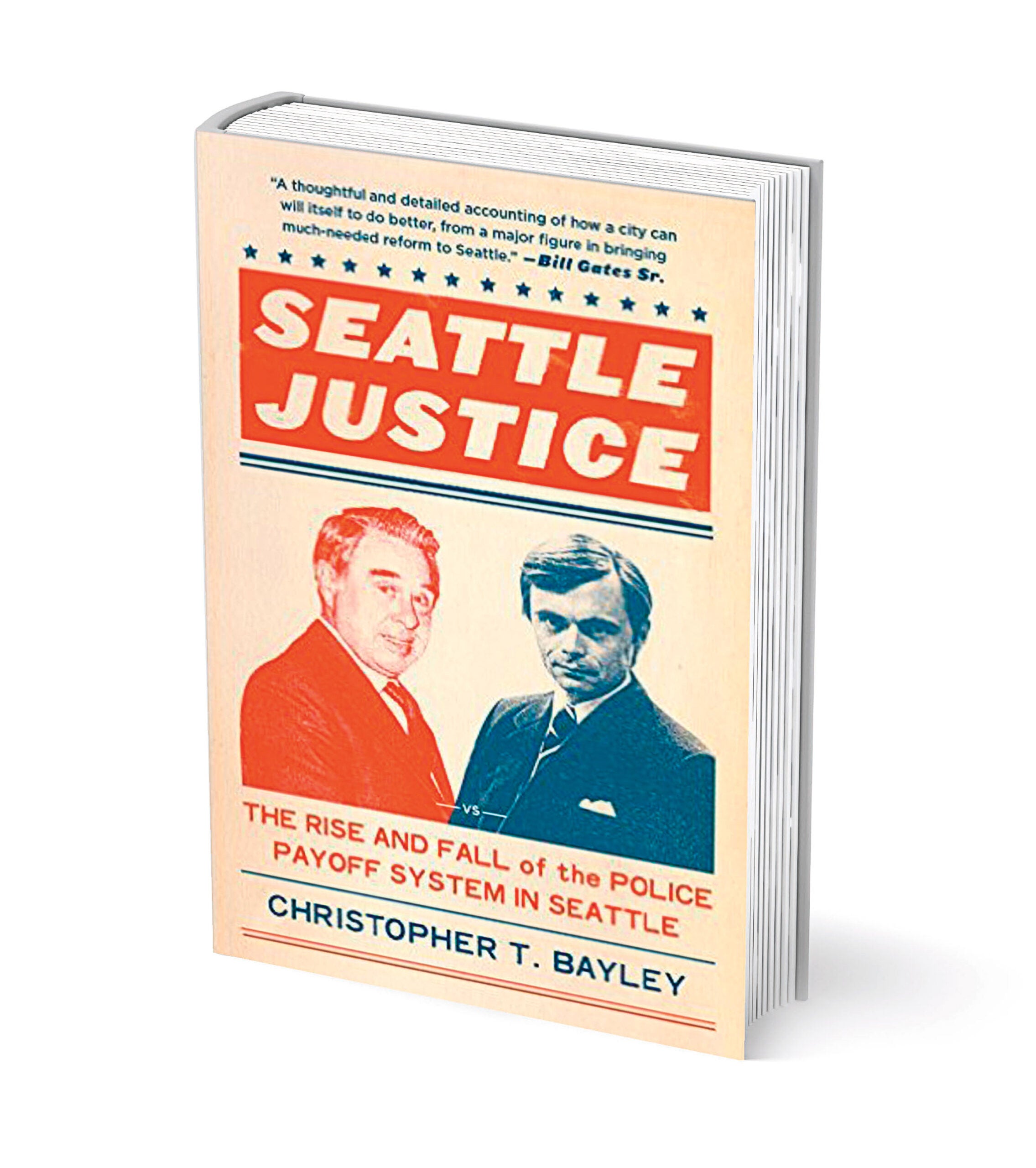
“Seattle Justice: The Rise and Fall of the Police Payoff System in Seattle,” by Christopher T. Bayley ’66 (Sasquatch Books).
In the early 1970s, as the newly elected prosecutor in King County, Washington, Bayley was intent on changing the culture of corruption in Seattle that had been in place for a century. His memoir tells the story of how he and a group of other young idealists made it happen.
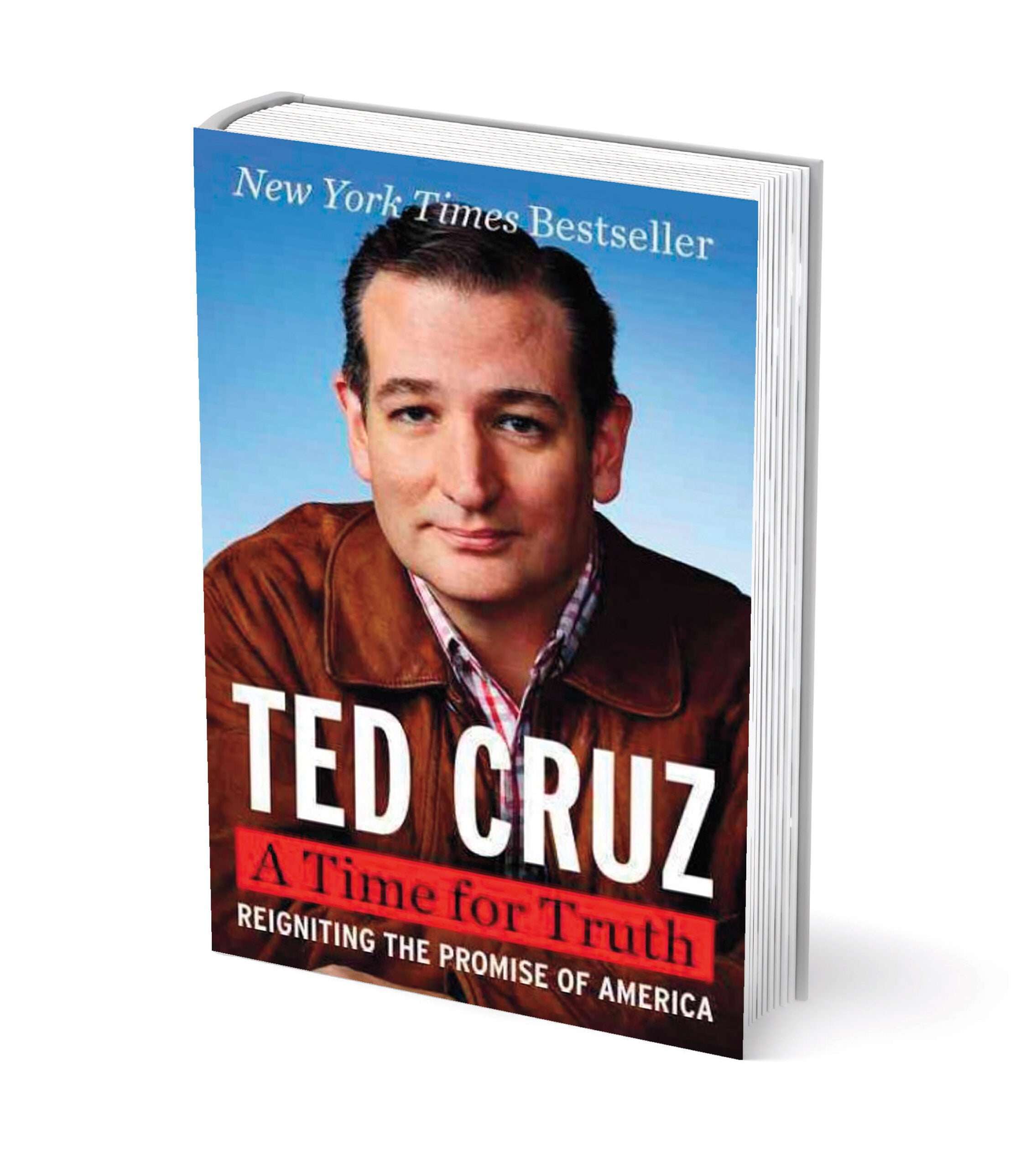
“A Time for Truth: Reigniting the Promise of America,” by Ted Cruz ’95 (Broadside).
A Republican candidate for the presidency in 2016, Cruz shares his personal story of growing up the child of a Cuban immigrant and his ascension to the U.S. Senate, where his actions have often roiled members of his own party as much as those of the opposition party. The book includes his reflections on his time as an HLS student, which led to a U.S. Supreme Court clerkship, and notable moments such as his work on behalf of George W. Bush during the 2000 presidential vote recount and his marathon filibuster seeking to stop the Affordable Care Act. Citing Ronald Reagan and Margaret Thatcher as inspirations, he states his case by touting “opportunity conservatism,” using the free market to lift every American to prosperity.
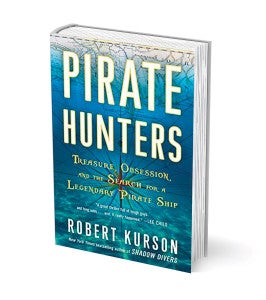
“Pirate Hunters: Treasure, Obsession, and the Search for a Legendary Pirate Ship,” by Robert Kurson ’90 (Random House).
Kurson recounts the true story of modern-day swashbucklers in search of the ship that proves as elusive in modern times as it was during the golden age of piracy in the 17th century. John Chatterton and John Mattera seek the Golden Fleece, which the author calls the greatest pirate ship that ever sailed. Their quest turns into a quest to understand its captain, Joseph Bannister, a wealthy English gentleman who unaccountably stole the ship for a rogue’s life at sea.
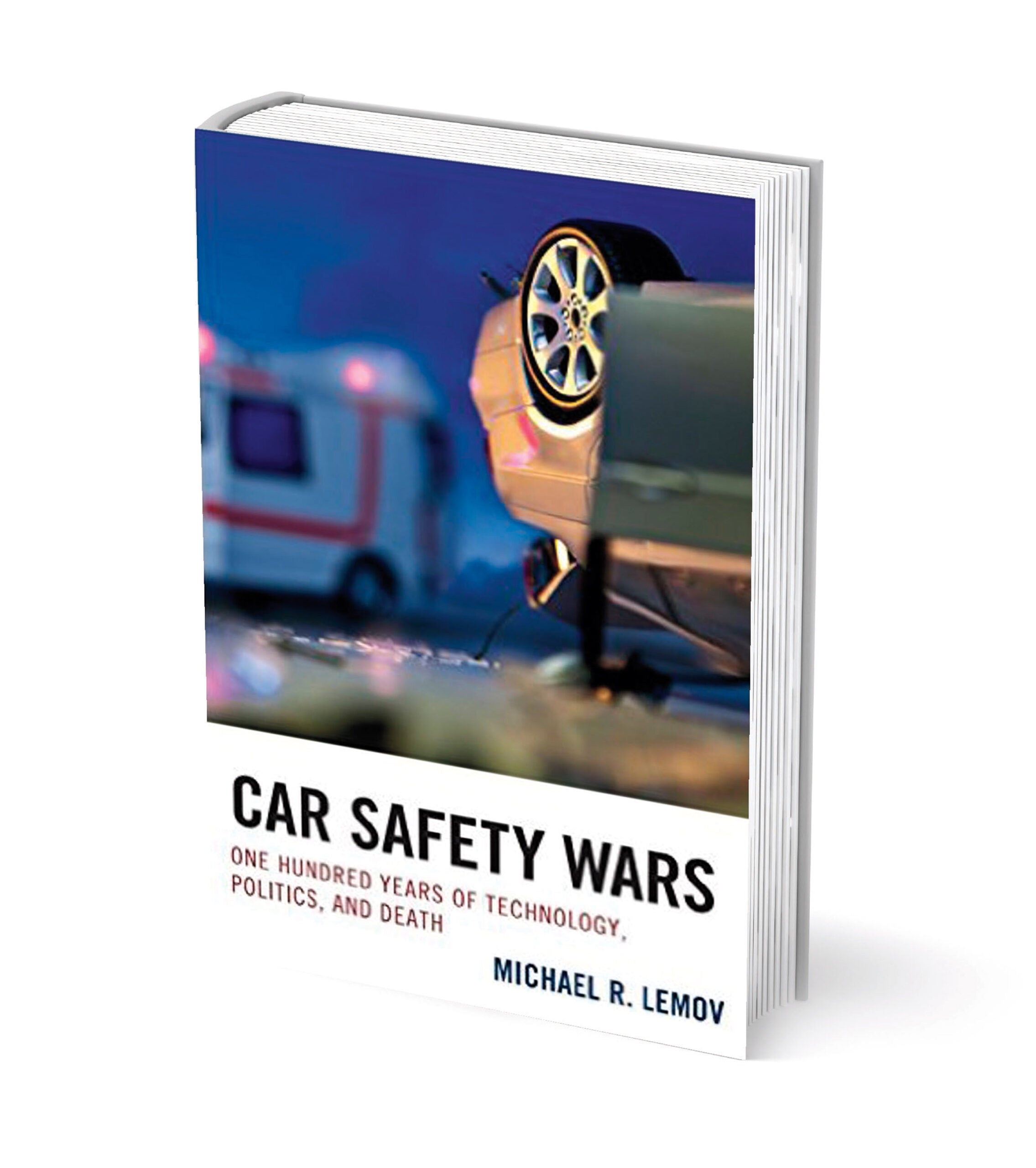
“Car Safety Wars: One Hundred Years of Technology, Politics, and Death,” by Michael R. Lemov ’59 (Fairleigh Dickinson).
Of course, much has changed about automobiles since they first were introduced at the turn of the 20th century. But perhaps the biggest change is the expectation of their safety, as Lemov details in a book that covers the progress that has been made in saving lives on the roads—and the people responsible for it—over the years. He writes of safety champions ranging from the little known, like an Indiana state trooper who in 1950 initiated a statewide study of fatal accidents that pointed to faulty equipment as the leading cause, to perhaps the most influential, Ralph Nader ’58. Though many people died unnecessarily because of lax safety standards, ultimately the book is a history of triumph, Lemov writes, resulting in a changed public attitude about car safety and cars designed to protect their occupants.
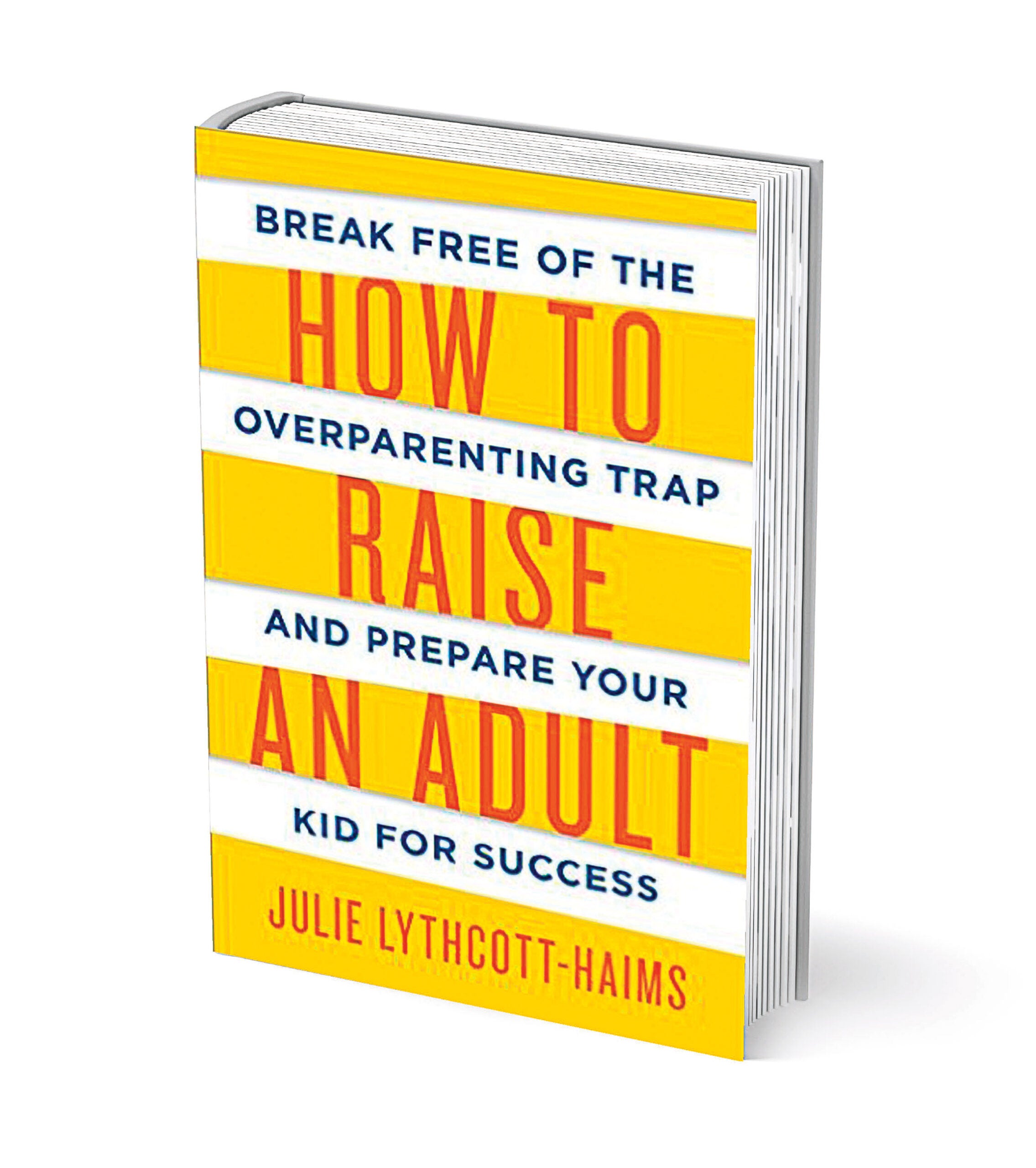
“How to Raise an Adult: Break Free of the Overparenting Trap and Prepare Your Kid for Success,” by Julie Lythcott-Haims ’94 (Henry Holt).
The phenomenon of “helicopter parenting” took root in the 1980s, according to Lythcott-Haims, amid fears of child kidnappings and the burgeoning self-esteem movement. She saw it when she was Stanford University’s dean of freshmen, has admittedly lived it as a parent herself and offers a prescription for breaking away from it in a book that examines how overparenting harms not only children but also parents. Among her suggestions: Give children unstructured time; let them chart their own paths; prepare them for hard work (she touts the benefits of chores); and consider a variety of colleges. Parents, she writes, should support children “in being who they are rather than telling them who and what to be.”